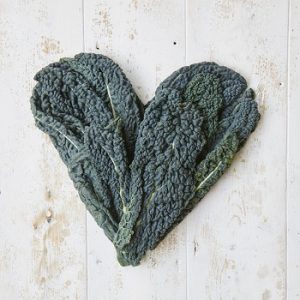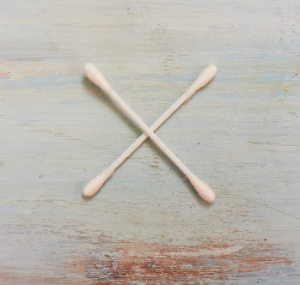Environment
Which items can and can’t be recycled?
If you were to empty out your recycling bin, what would you find? Plastic bottles, milk cartons, empty tins and cardboard? We like to think we are fairly well-versed when it comes to what can and can’t be recycled, but there are a variety of household items which we may unknowingly be sending to landfill every year. With each person in England producing 412kg of household waste every year, or 22.8 million tonnes across the country, it is more important than ever to recycle as much as we can.
However, if we try to recycle too many non-recyclable items, entire loads of recycling can become contaminated and sent to landfill instead. Read on to find out our do’s and don’ts for recycling – some of them might surprise you…
What can we recycle at home?
- Shampoo, shower gel, bleach, washing up liquid and bathroom cleaner bottles.
- Face cream jars and empty perfume bottles – just make sure they are clean and replace their lids.
- Flattened toilet and kitchen roll tubes and toothpaste boxes.
- Cardboard boxes, including cereal and tissue boxes (with the plastic insert removed).
- Deodorant and hairspray aerosols.
- Rinsed out hand soap bottles (but not their lids.)
- Tins, aluminium tubes (with the plastic lids taken off) and drink cans. Tin cans make stylish, atmospheric lanterns, simply make holes in a pattern of your choice around the can, attach some decorative ribbon and insert a tealight.
Did you know that recycling just one drinks can could save enough energy to power a TV for four hours?
- Magazines and newspapers. Why not use your old newspapers to make these eco-friendly planters, which you can fill with seeds and soil and pop in your flower bed.
- Glass jars and bottles. Alternatively, you can turn old glass jars into beautiful vases, covered with aromatic sprigs of rosemary to conceal the stems inside the jar.
- Plastic drinks bottles and cartons.
- Biscuit tins (just eat the biscuits first and empty out the crumbs.)
- Envelopes – even those with windows.
- Used, but clean, kitchen foil.
Plastic bottles can be recycled to make new bottles and even clothing like T shirts and fleeces!
Unfortunately, you cannot currently recycle these at home…
- Cotton wool balls.

- Plastic cotton buds.
- Mirrors.
- Toothpaste tubes.
- Nappies.
- Tissues and sheets of kitchen roll.
Some councils will accept a small amount of kitchen towel in your food waste collection, or you could put it in your compost bin.
- Shredded paper. Tiny scraps of paper are trouble-makers for the mechanisms at recycling plants, and so tend to get sent to landfill. Cutting paper fibres into short lengths makes them more difficult to turn into high-quality paper pulp. Instead, consider using your shredded documents as fire kindling, pet bedding/litter tray-lining, or adding it to your compost heap.
- Wet wipes.
- Drinking glasses and vases: this sounds strange, as it is fine to recycle glass milk bottles and jars at home, but you can look up where to recycle items such as these locally here. Alternatively, why not turn your old glasses into these beautiful personalised drinking glasses, which make a thoughtful gift.
- Incandescent light bulbs and tubes. However, energy efficient bulbs can be recycled at local centres.
- Cutlery.
- Crockery and pots and pans can’t be recycled at home, but they can be taken to a local recycling facility.
- Plastic toys.
- Soap dispenser lids.
We currently use 8.5 billion plastic straws per year in the UK, many of which end up in the ocean instead of being recycled. Try to buy paper straws instead.
- Nail varnish bottles.
- Crisp packets.
- Greasy cardboard pizza boxes.
- Coffee cups cannot usually be recycled at home, but they can be accepted at local recycling points.
- Photo paper and non-paper gift wrap.
- Laminated food pouches, like baby food and cat food pouches.
Loved this? Read on here…
Easy eco-friendly ways to protect the ocean
Advertisement






